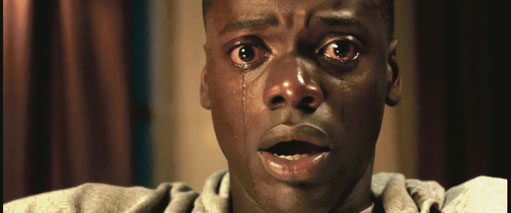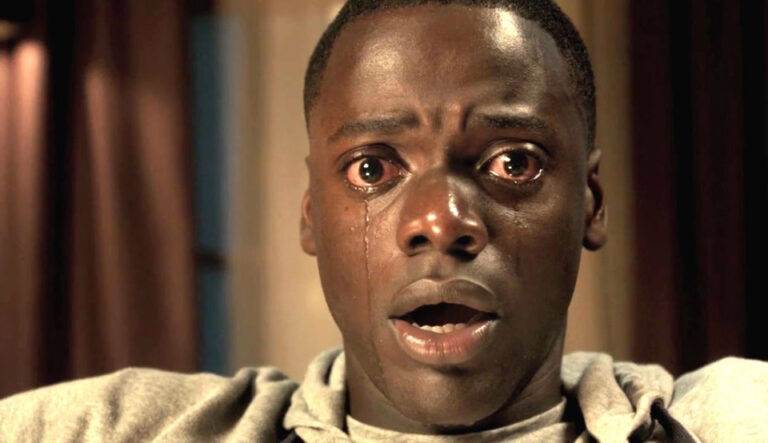Film Review: Get Out
Jordan Peele Turns Racial Tension Into All-Out Terror In Timely Horror-Comedy


Latest Article|September 3, 2020|Free
::Making Grown Men Cry Since 1992

